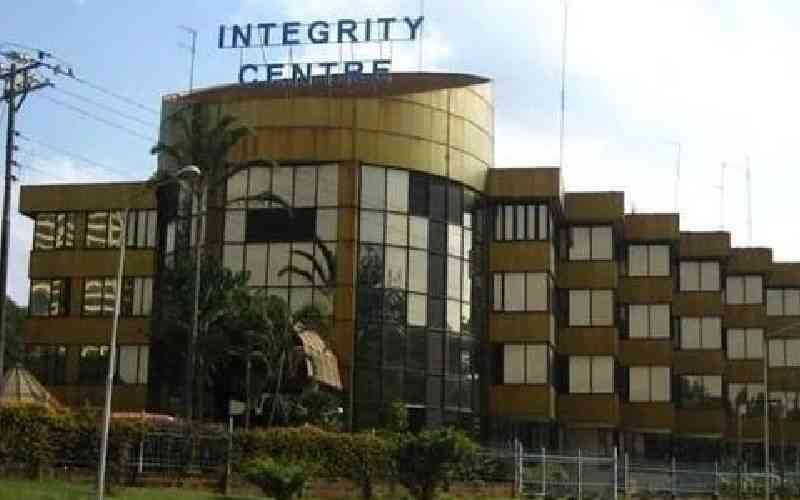
Kenya joined the rest of the world in marking International Anti-Corruption Day yesterday. Notably, this year's theme is "uniting with youth against corruption: Shaping tomorrow's integrity".
The anti-corruption day is a culmination of efforts that have been made in the long journey to have global non-tolerance to corruption. The events of October 31, 2003, were a culmination of these efforts. At the United Nations General Assembly, members resolved then to adopt the convention against corruption, which Kenya was the first country to ratify. In the same assembly, December 9 was designated as the International Anti-Corruption Day.